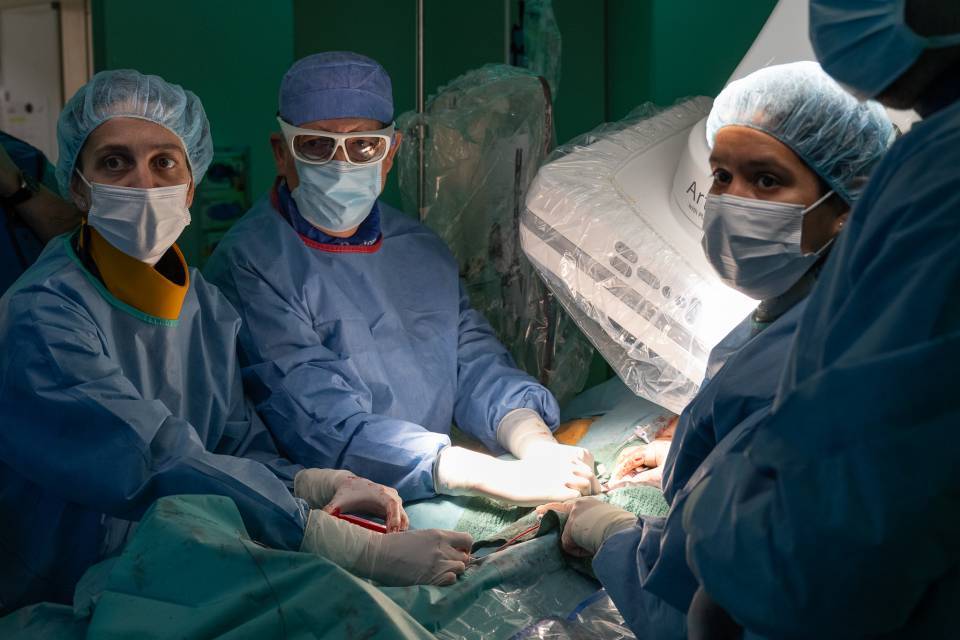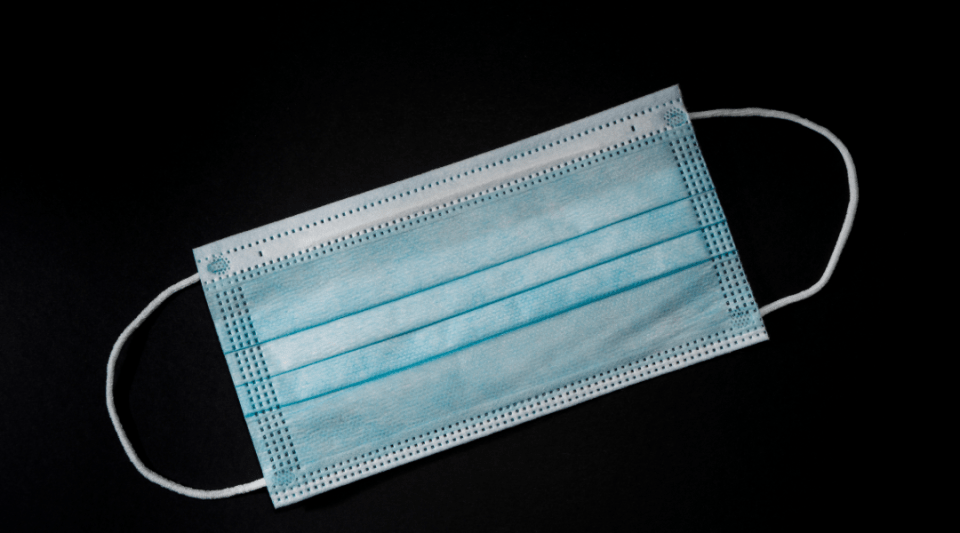The visit was led by Dr. Marta Arias, nephrologist, Bàrbara Romano, nutritionist, and Anna Pérez and Sònia Perea, renal transplant nurses. The first visit was held as part of “Kidney week” at the beginning of March, and a dozen patients took part. There are plans for this type of visit to be repeated in the near future with other types of patient. The aim of the visit is to provide these patients with advice and training on cooking and shopping.
Chronic Kidney Disease (CKD) is a progressive and irreversible deterioration in renal function. In other words, the kidneys slowly lose their ability to function. One in ten people in the world unknowingly has kidney failure to a greater or lesser degree. When the disease progresses, it can become chronic and there is a risk that the accumulated damage to the kidney will become irreversible.
Nutrition is one of the most important factors for an optimal result in the treatment of chronic kidney disease. When CKD is diagnosed, the kidneys are no longer able to maintain proper control of certain substances. As a result, the latter accumulate in the blood and affect the proper functioning of the body. This is why proper nutrition is essential in order to delay the progression of the disease and/or avoid complications.
Elements of the diet that patients with kidney disease should bear in mind include:
Energy. Protein in high quantities can promote the progression of chronic kidney disease. So, if dialysis is not yet required, its consumption should be moderated. In this respect, energy is mainly obtained from starches – bread, pasta, rice, potatoes, pulses, etc., fats from food and olive oil should be the first choice for added fat. Moreover, it is important to maintain a healthy weight, to avoid complications related to overweight or underweight.
Protein. A high protein intake is detrimental to the progression of the disease and the presence of protein in the urine. It is advisable to reduce protein-rich food (meat, fish, eggs, etc.) to a daily ration of around 100 g. However, this should be personalized in each case.
Sodium. Salt raises blood pressure, which is detrimental to the progression of chronic kidney disease, so it is important to reduce its consumption. Therefore, ready meals, salty snacks, stock cubes, soy sauce, etc. should be avoided, and spices and aromatic herbs should be used to flavour dishes without the negative effects of salt.
Potassium. This mineral is contained in many foods. However, those that stand out due to their high potassium content are certain fruit and vegetables, potatoes, pulses and nuts. It is important to control which foods are eaten and how often, as well as to choose cooking methods such as soaking and boiling, which help to eliminate this mineral.
Phosphorous. To control this mineral, it is important to differentiate its origin. This most important of all is phosphorous of industrial origin, used as an additive in ready meals, cold meats and sausages, cola-type drinks, etc., and it should be avoided as far as possible. Phosphorous of natural origin, such as that found in meat, fish, dairy products, eggs, pulses and nuts, should be monitored. However, with a moderate consumption of these foods we can have a healthy diet avoiding the accumulation of phosphorous. For Dr. Marta Arias, from the Nephrology and Renal Transplant Service, "the visit to the Ninot Market serves to advise patients which foods may be most suitable for them. We need to be aware that the diet will be modified at different stages of the disease, and according to the renal treatment they are undergoing”. Meanwhile, Bàrbara Romano, nutritionist at the Hospital Clínic explains that, “diets are becoming increasingly personalized for each patient. We start off with a healthy Mediterranean diet and adapt it to suit the patients’ needs”.
For Anna Pérez, renal transplant nurse, “nutrition forms part of the treatment. It can help regulate cholesterol levels, sugar levels, etc. The role of nursing professionals with patients with kidney disease is to also to see how the diet can be adapted to the control of the disease,” she concludes.




